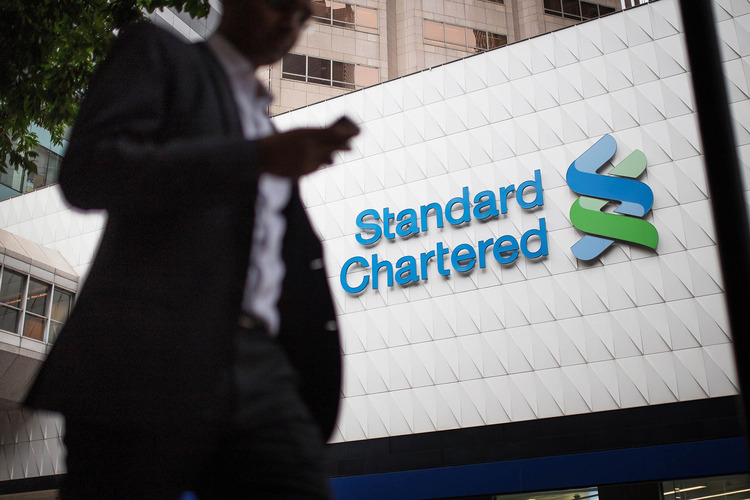- Standard Chartered Group Posts $1.1b Profit in 2016
Standard Chartered Plc (Group), the parent company of Standard Chartered Bank of Nigeria, has posted a profit before tax of $1.1 billion, in 2016 financial year.
The result represents an increase of $300 million from $800 million in 2015, while the group’s operating expenses at $10 billion, showed a five per cent reduction from 2015 record and lower for the second year running.
However, the group’s Operating income of $13.8 billion showed an 11 per cent decline from 2015 record, but stable through each quarter of 2016, while cost efficiencies of over $1.2 billion created capacity to increase investment in the second half.
Despite loan impairment provision in the ongoing business of $2.4 billion, the bank also restructured charges worth $855 million related primarily to the liquidation portfolio and redundancy costs.
The Group Chief Executive Officer, Bill Winters, said: “We made good progress in 2016, cleaning up our balance sheet and fortifying our capital position. We are attacking our cost base, reinvesting significantly to strengthen our competitive advantages and continuing to enhance our financial crime controls.
“Our financial returns are not yet where they need to be and do not reflect the Group’s earnings potential. Having worked hard to secure our foundations we are now focused on realising that potential.”
He said the underlying basic earnings was per share of 3.4 cents, against negative 6.6 cents in 2015, while returns on Ordinary shareholders’ equity is 0.3 per cent against negative 0.4 per cent in 2015.
According to him, the bank strengthened capital and improved liquidity position, such that Common Equity Tier 1 ratio of 13.6 per cent went up 100bps mainly due to reduced risk-weighted assets; $2 billion additional Tier 1 capital issued in August 2016; and a further $1 billion in January 2017.
There was also a loan-to-deposit ratio of 67.6 per cent, which also reflects a high level of funding from customer deposits, while no Ordinary Share dividend was declared for 2016 period.
The Regional Chief Executive Officer, Africa and Middle East, Sunil Kaushal, said: “Our results demonstrate the progress made in the execution of our strategy. We will continue to make investments through the cycle in controls, people and infrastructure to grow safely and capture the medium-term opportunity within the AME region.
“The environment remains challenging but we are getting on with our plan to improve our performance by putting our clients’ needs back at the heart of everything we do.”
He noted that the bank’s conscious decision to invest in sub-Saharan Africa, while continuing to consolidate and build on its differentiated position in the Middle East has made an important contribution to the overall performance.
Despite good growth in Africa impacted by foreign exchange fluctuations, Standard Chartered’s Africa and Middle East business recorded underlying profit before taxation of $431 million in 2016, compared to $188 million in 2015, due to lower impairments and reduced expenses.


 Forex3 weeks ago
Forex3 weeks ago


 Naira2 weeks ago
Naira2 weeks ago
 Billionaire Watch2 weeks ago
Billionaire Watch2 weeks ago




 Naira3 weeks ago
Naira3 weeks ago




 Naira2 weeks ago
Naira2 weeks ago




 Naira1 week ago
Naira1 week ago




 Naira4 weeks ago
Naira4 weeks ago




 Naira4 weeks ago
Naira4 weeks ago





















